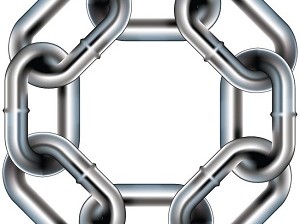Category Archives: Expert Systems
03 Jul Do Yawl do Petri Nets
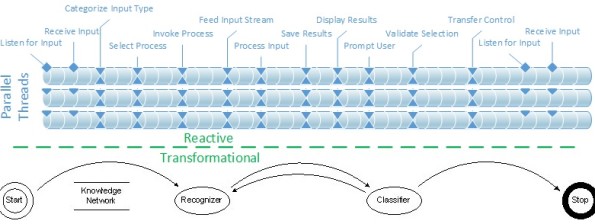
Where do you draw a line? In geometry, digital theory, language and time, patterns tend to be linear: they bear distinct sequences. The sequences in these domains either contribute to the meaningfulness of the patterns, or, in the case of time, are the foundation of the patterns. Any logic that focuses on these sequential patterns is linear logic. Temporal Logic […]
23 Jun Information Transformation

Information Exchange and Transformation Knowledge does the most good when shared. Knowledge that gets lodged in one place may not be particularly useful to many people. But moving digital information from place to place has its dangers. Automating data movement can introduce security or confidentiality issues, data duplication challenges, as well as raising the specter of […]
10 Jun Survival of the Fittest Knowledge
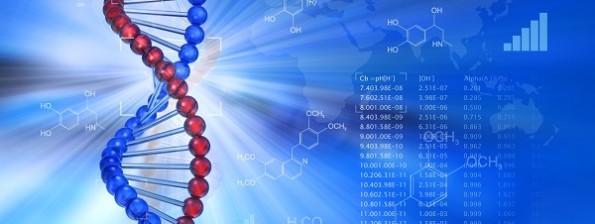
Genetic Algorithms in Search I think we can safely assume that intelligent applications, including accurate language interpreters and translators, will possess large amounts of knowledge to be processed and searched. Genetic algorithms are great for searching for obscure data in massive search spaces. The mechanism for association in computers can be defined as searching, just as humans describe their […]
05 Jun Intelligent Traveling Salesmen

Another Sample Problem Several specific reasoning or inference problems have provided fodder for AI textbooks and experiments. One of these is the traveling salesman problem (Get an explanation and an example applet here): Given a traveling salesman who must get to x number of cities, find the shortest route the salesman can travel to reach […]
02 Jun Framing Formal Logic
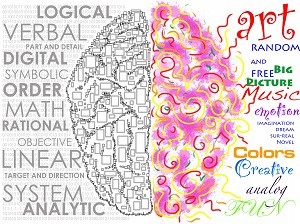
Formal Logic Formal logic often uses set theory. Set theory uses existential (an assertion that something applies to some members of a set) and universal (a statement that applies to all members in a set) quantifiers. Despite the utility and noncommittal correctness of existential quantifiers, set operations using existential quantifiers are weaker then those using universal quantifiers. The […]
27 May Machine Components for Intelligence
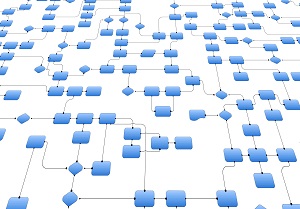
If an abacus or a log and rope can be considered intelligent machines, then we can decompose their parts, possibly rearrange them, and get different kinds of intelligent machines. I know this is an extreme example of absurd reasoning. Let’s go from the opposite direction in the complexity spectrum. Can we use the human brain and its parts as […]
21 May Modeling After a Fashion
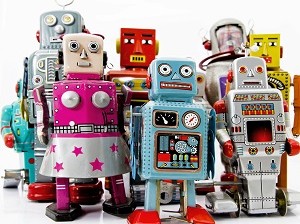
Perennial Image Problems Artificial Intelligence has an image problem. Yes, there are cybernetic characters like R2D2, C3P0 and Commander Data whom we love, but some products built using AI techniques have the dubious reputation of being useful but not entirely dependable. Think of songs sung about Sirius Cybernetics Teleporter products (see lyrics below). It is possible that […]
20 May Cybernetic Modeling for Smarty-Pants

Introduction Model railroads come in several scales: O, HO and N gauge enable hobbyists to model real-world objects in miniature using successively smaller standards. In N gauge it is possible to build an entire city in the basement. A good model photographed with still or motion pictures may be so realistic that viewers believe they are looking […]
05 Apr Knowing About Agents and Instruments

Cause and Effect Causal knowledge can be learned by experience, as described in our friend Yorrick’s early experiences with the source of good feelings (Section 4: Seeds of Knowledge). The process of learning from experience is empirical and very fuzzy, meaning it is difficult to describe or replicate the learning process artificially. Cause can also […]





